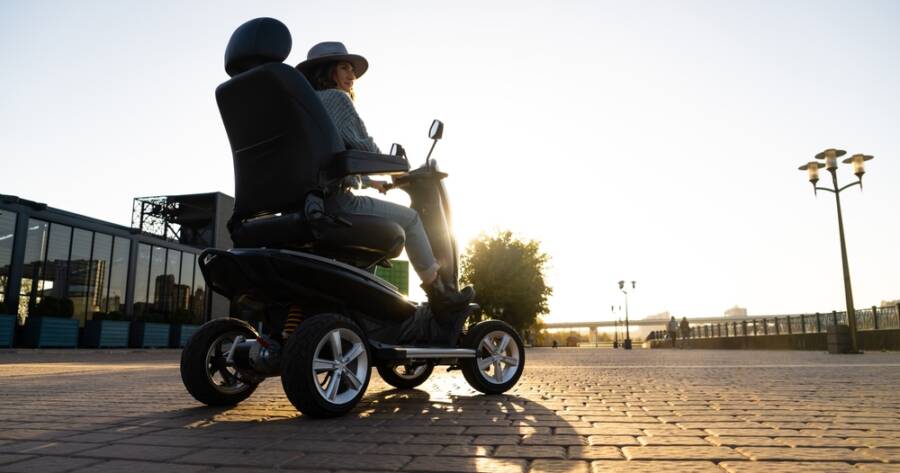Medicare’s role in providing mobility scooters is a cornerstone for maintaining independence among individuals facing mobility challenges. Classified as Durable Medical Equipment under Medicare Part B, approved scooters require a qualifying diagnosis and physician consultation. Understanding criteria, costs, and model selection is essential for seamlessly integrating mobility aids into daily life while accessing financial assistance through various programs.
Understanding Medicare Mobility Scooters
Medicare coverage for mobility scooters is an essential service that enables individuals with significant mobility challenges to maintain independence within their homes. According to Medicare, mobility scooters are classified as Durable Medical Equipment (DME), and coverage is available under Medicare Part B if they are deemed medically necessary.
This reflects the importance of these devices in supporting daily living activities and enhancing the quality of life for individuals with mobility impairments. To qualify for this benefit, a diagnosis indicating limited mobility is required, along with a face-to-face consultation with a Medicare-enrolled physician who can prescribe the scooter based on specific medical needs like severe arthritis or other conditions that restrict movement.
Criteria and Requirements for Medicare Coverage
The process of obtaining a Medicare-covered mobility scooter involves several key steps and criteria. Primarily, both the prescribing physician and the equipment supplier must be enrolled with Medicare. A comprehensive medical examination is crucial to document the necessity of the device that verifies the need to carry it out at home.
Additionally, the patient’s home must be assessed to ensure that the space can accommodate the scooter and its safe operation. Moreover, Medicare may require prior authorization for certain equipment, making it vital for patients to select certified providers who accept Medicare assignment to avoid unexpected costs.
Cost and Financial Assistance
Once approved, Medicare Part B covers 80% of the cost of a mobility scooter after the annual deductible is met, with the beneficiary responsible for 20% of the approved amount. This can be a considerable financial burden for some, prompting the need for supplemental coverage through Medigap, Medicaid, or Veterans Affairs benefits to alleviate out-of-pocket costs.
Additional financial support might be available through community organizations and programs such as the 211 network or the ALS Association, which can help cover coinsurance for those in need.
Choosing the Right Mobility Scooter
When it comes to selecting a mobility scooter, several models are available, each with distinct features to suit varying needs. For instance, the Go-Go Elite Traveller is praised for its compact design and ease of disassembly, suitable for smaller living spaces, while the Maxima Power Scooter offers a heavy-duty option with higher weight capacity for those needing enhanced outdoor capabilities.
Additionally, the Victory 9.2 Power Scooter combines comfort with performance, offering features such as USB charging and LED headlights, making it versatile for both indoor and outdoor use that enhance user convenience.
Advantages of Medicare Advantage Plans
Medicare Advantage plans, an alternative to traditional Medicare, often provide comparable or enhanced benefits for mobility scooters. These plans usually cover power scooters under similar conditions as Medicare Part B but often include different network providers and requirements.
Prior authorization remains a common stipulation, ensuring that the coverage criteria are met including home safety assessments. In some cases, these plans can offer additional benefits, such as broader network access or lower out-of-pocket costs, making them a valuable option for beneficiaries seeking comprehensive coverage.
Learn More About Medicare Mobility Scooters
Understanding the intricacies of Medicare coverage for mobility scooters can empower individuals with mobility challenges to secure the support they need to lead fulfilling lives at home. From navigating the eligibility criteria to selecting a suitable scooter model, each step is crucial in managing healthcare needs.
Engaging with reliable suppliers and healthcare professionals can enhance this process and minimize potential hurdles. As the landscape of Medicare coverage continues to evolve, staying informed about available options and assistance programs is vital for accessing necessary mobility aids efficiently and affordably.

